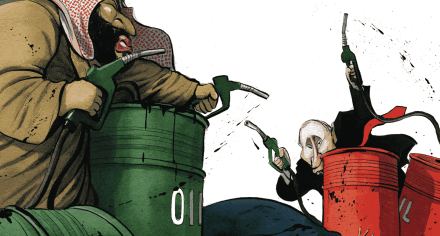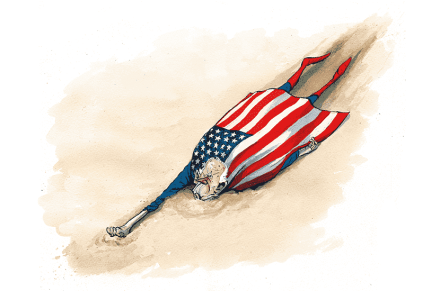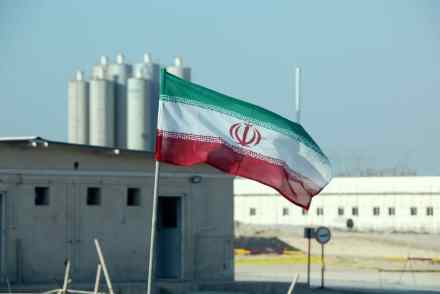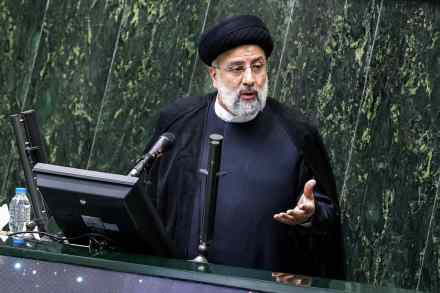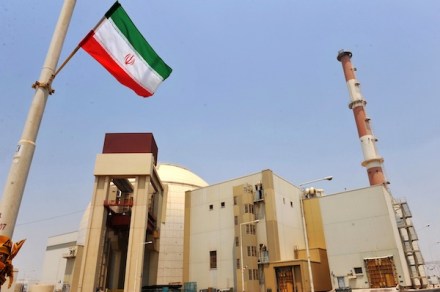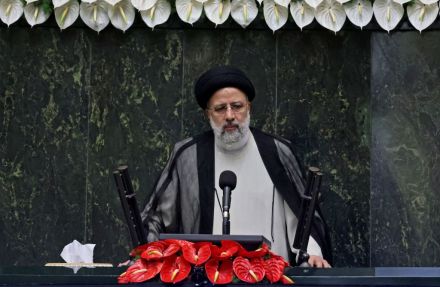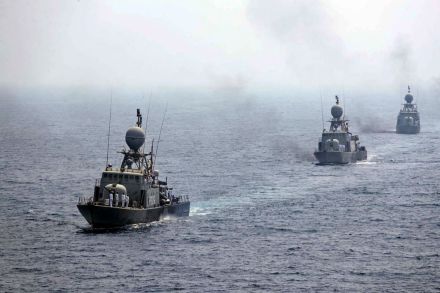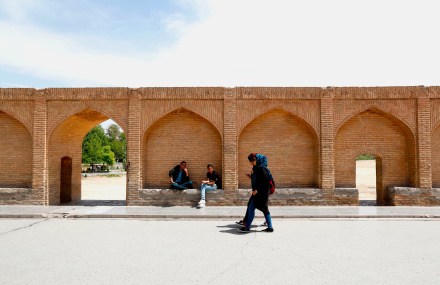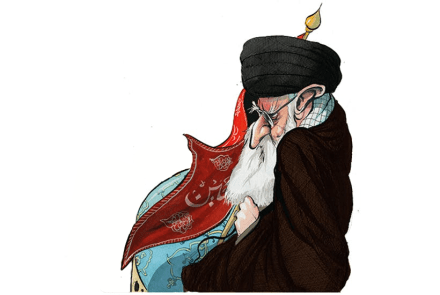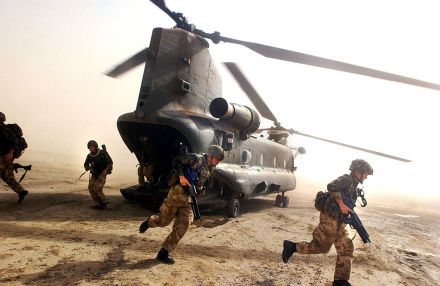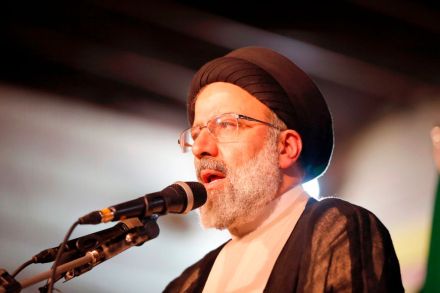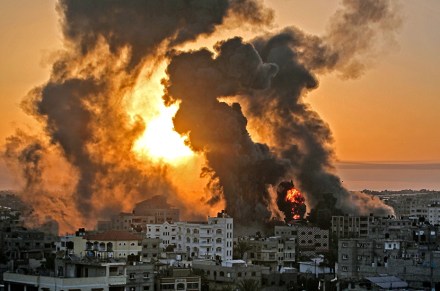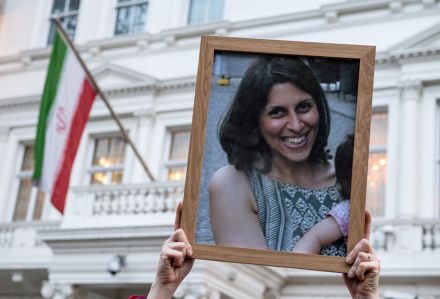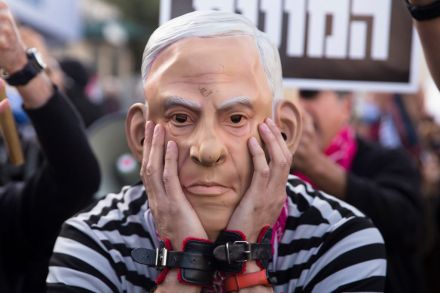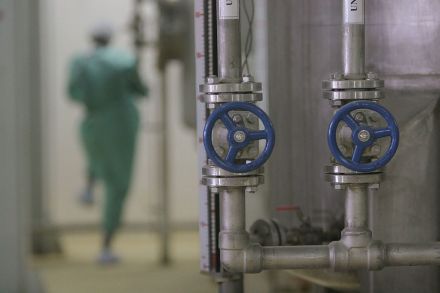Hacks in uproar about Nazanin briefing
Welcome home Nazanin Zaghari-Ratcliffe, released after six years imprisonment. The 43-year-old returned to the UK last week after the government settled a historical £400 million debt owed to Iran over a cancelled 1970s order for British tanks. But it seems the mother-of-one is not done generating headlines yet, after she caused something of a stir yesterday with her comments at a press conference in parliament about her return from Iran. ‘How many foreign secretaries does it take for somebody to come home?’ she said. ‘What happened now should have happened six years ago.’ The drama of Zaghari-Ratcliffe’s appearance in the Macmillan room though was nothing compared to what was going on outside the room. For




